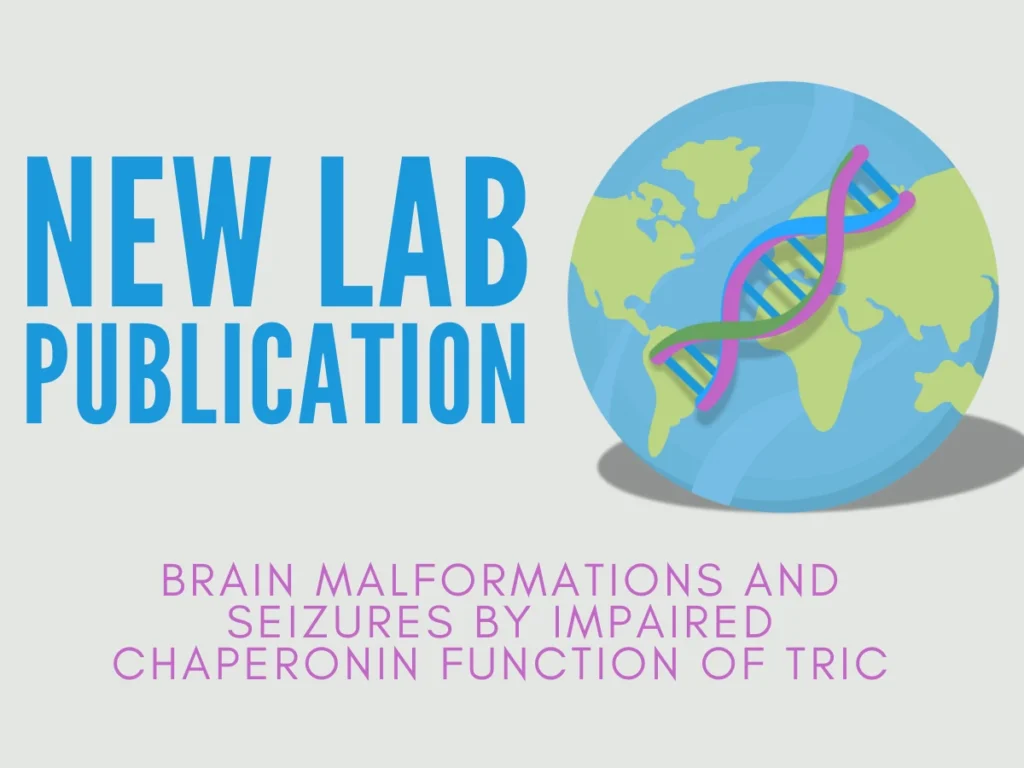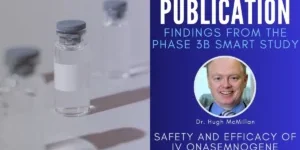New Publication: Brain malformations and seizures by impaired chaperonin function of TRiC
We are excited to share a new publication from our research team! The study “Brain malformations and seizures by impaired chaperonin function of TRiC” uncovers critical genetic mutations linked to severe brain malformations, offering new hope for diagnosis and treatment for rare disease patients worldwide.
The study, led by Prof. Ingo Kurth and his team in Aachen, Germany, revealed that alterations in the TRiC chaperonin complex, specifically the CCT1 through CCT8 genes, may play a pivotal role in a new group of severe brain conditions now known as TRiCopathies.
Through support from Dr. Lochmüller’s Canadian Institutes of Health Research (CIHR) Foundation Grant, our team utilized the RD-Connect Genome Phenome Analysis Platform (GPAP) to analyze genetic data from patients with brain development issues of unknown cause. These efforts, led by postdoc Dr Kiran Polavarapu, led to the identification of several individuals carrying mutations in the TRiC genes, aligning with the expected clinical symptoms of TRiCopathies.
So far, 22 patients across the world have received a confirmed diagnosis through this study, and several additional cases are under ongoing validation.
“This discovery highlights the importance of re-analysis of genetic data, as oftentimes patients with a rare disease may not receive a diagnosis until years later once new genes are discovered and more information emerges. We remain hopeful that in addition to the patients who have received a confirmed diagnosis through this study, more will come, and receive proper care,” said Dr. Lochmüller.
International collaboration is a key factor to the success of improving rare disease care, as patients with similar conditions can be scattered across the globe. By sharing data, researchers can enhance diagnostic accuracy and improve outcomes for affected individuals.
This research was recently highlighted by the CHEO Research Institute! See their report on this research.
The publication in Science can be found here.







